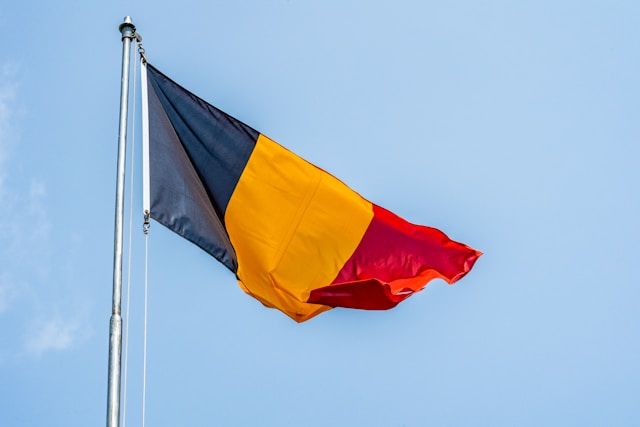Belgian intelligence reveals attempts by Russia to manipulate European parliament members through financial incentives
Belgium‘s government has initiated a thorough investigation into allegations of Russian interference in the upcoming European Parliament elections. Prime Minister Alexander De Croo disclosed that intelligence services had identified suspect activities aimed at influencing the EU’s policy towards Ukraine. These findings have sparked concerns over the integrity of the forthcoming elections, scheduled for early June.
Authorities assert that Russia has targeted various European nations, including Belgium, in a calculated attempt to bolster pro-Russian factions within the European Parliament. This manipulation seeks to sway legislative direction and weaken Europe’s collective support for Ukraine amidst ongoing conflicts. De Croo emphasized the severity of these actions, suggesting they could directly impact the European Union’s stance on crucial geopolitical issues.
The investigation gained momentum following revelations that pro-Russian networks might be actively distributing financial rewards to European Parliament members. These allegations have prompted Belgium, currently holding the rotating EU presidency, to work closely with other member states, particularly the Czech Republic, to address these concerns comprehensively.
De Croo, addressing a press conference, highlighted the broader objectives of this suspected interference. “Our intelligence clearly points to an agenda by Moscow to infiltrate and influence the European Parliament,” he stated. The prime minister clarified that although no transactions had been traced directly to Belgium, the overarching strategy remains a significant threat to democratic processes within the EU.
The ongoing inquiry into these interference allegations is expected to be a focal point at the next EU summit. EU leaders are slated to discuss measures to safeguard the integrity of the electoral process and ensure robust support for Ukraine continues unabated. This includes potential actions at both the national and European levels to counteract any foreign influence that could undermine the union’s policies.
In response to these critical developments, De Croo has advocated for an urgent session of the European Union’s Agency for Criminal and Justice Cooperation. He also suggested that the European Anti-Fraud Office (OLAF) take a lead role in prosecuting any illicit activities uncovered during the investigation. “It is imperative that we protect the fundamental rights of our citizens to a free and secure electoral environment,” De Croo concluded
